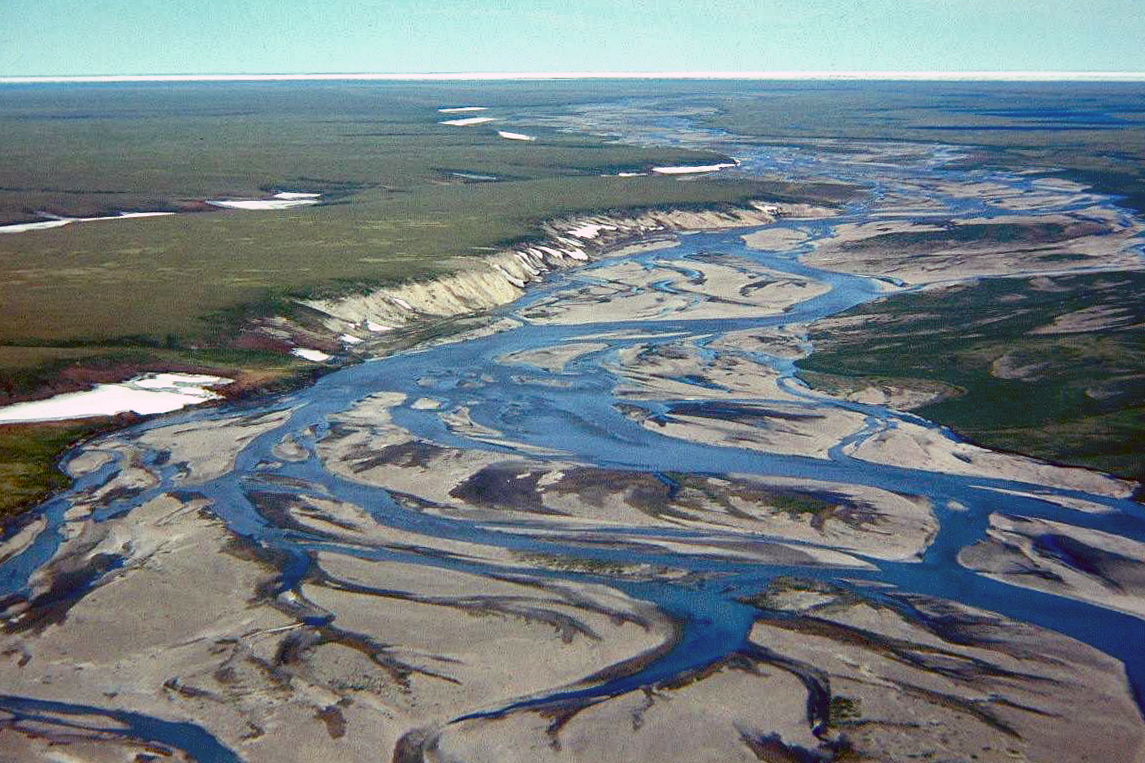U.S. House votes to prevent oil exploration in Arctic refuge
The bill, which removes oil exploration in the Arctic National Wildlife Refuge from the 2017 tax act, is unlikely to move forward in the Senate or sustain a presidential veto.

The U.S. House of Representatives on Thursday voted to pass a bill that would remove oil exploration in the Arctic National Wildlife Refuge from the 2017 tax bill.
The Arctic Cultural and Coastal Plain Protection Act, which passed 225-193, prevents the Bureau of Land Management from holding a lease sale in the coastal plain of the refuge. Officials have said that the lease sale will be held by the end of this year.
A spokesperson for the Senate committee on energy and natural resources has told ArcticToday that the Republican-led committee opposes bills that restrict ANWR drilling. Meanwhile, President Donald Trump has vowed to veto such legislation should it reach his desk, according to Rep. Don Young.
Young, Alaska’s lone representative in the House, called the bill a “sham,” and said the Gwich’in people opposing natural resource exploration in the coastal plain were being “used for a scam.” He also argued that rolling back the drilling plans would harm the people of Kaktovik, who live in ANWR.
Addressing his colleagues who support the bill, Young said, “You’ve done a great disservice to the people of Alaska — especially the Natives. You’ve divided us.”
“You got the votes, I understand that,” he said in his remarks on the House floor prior to a vote. “It’s not going to become law; I hope you understand that. We’re going to have a lease sale; I hope you understand that.”
Alaska’s congressional delegation — Young, along with Sen. Lisa Murkowski and Sen. Dan Sullivan — published an op-ed Thursday in the Wall Street Journal highlighting the economic benefits of oil exploration in the 1002 area.
Demand for natural resources is growing, they wrote: “If Alaska doesn’t supply them, another country will.” The delegation framed the competition for Arctic resources in terms of geopolitics, pointing to Russia’s and China’s growing presence and infrastructure investments in the region.
“Pulling up the stakes on an American energy program that helps build a presence in the region would put us further behind,” they wrote.
Rep. Jared Huffman, a Democrat from California who introduced the bill, said that oil exploration and drilling in the 1002 area would significantly affect Alaska Native peoples as well as the environment.
“Once we do this, it’s done,” he said. “The coastal plain will never be the same after the oil rigs roll in.”
A broad coalition of environmental groups that had worked on the measure hailed its passage in a joint press release.
The vote “fills us with gratitude to our elders for guiding us, and to House leaders for listening to us and respecting our human rights,” said Bernadette Demientieff, executive director of the Gwich’in Steering Committee in the release. “The Gwich’in Nation and the Porcupine Caribou herd are entwined. The caribou’s survival is our survival.”